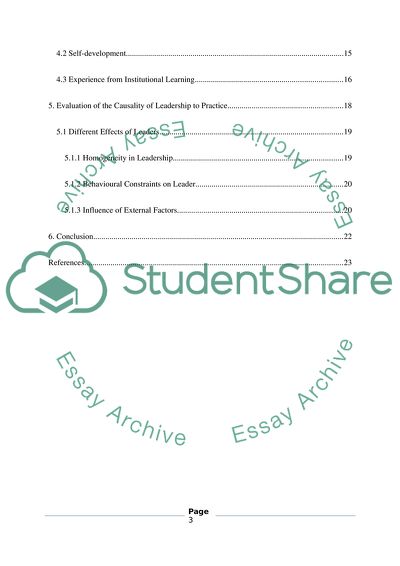Cite this document
(“Leadership Essay Example | Topics and Well Written Essays - 4500 words - 6”, n.d.)
Retrieved from https://studentshare.org/miscellaneous/1679329-leadership
Retrieved from https://studentshare.org/miscellaneous/1679329-leadership
(Leadership Essay Example | Topics and Well Written Essays - 4500 Words - 6)
https://studentshare.org/miscellaneous/1679329-leadership.
https://studentshare.org/miscellaneous/1679329-leadership.
“Leadership Essay Example | Topics and Well Written Essays - 4500 Words - 6”, n.d. https://studentshare.org/miscellaneous/1679329-leadership.


